Mysterious deaths and close calls of Vladimir Putin’s foes
From nerve-agent poisonings and close-range shootings to deadly falls from windows and unexplained plane crashes, an alarmingly high number of people who have crossed Russian President Vladimir Putin over his 23 years in power have died under suspicious circumstances — or barely escaped with their lives.
The long list of victims in the fatalities and near-misses includes political opponents, investigative journalists, traitorous spies — and now Wagner mercenary chief Yevgeny Prigozhin, who is believed to have perished in a mysterious plane crash potentially caused by a bomb.
The disaster in the Tver region that purportedly claimed 10 lives occurred two months to the day after Prigozhin — Putin’s long-time ally whose private army took an active role in the Ukraine war — staged a short-lived mutiny against Russia’s military brass and was labeled a “traitor” by the president.
During the rebellion, Prigozhin dismissed warnings from Belarusian President Alexander Lukashenko about the deadly ramifications of the armed uprising, the Putin ally said Friday.
“To hell with it — I will die,” Prigozhin said, according to Lukashenko, who helped broker the peace deal between Wagner and the Kremlin.
As it has always done whenever accused of involvement in successful or attempted assassinations, the Kremlin has denied any wrongdoing in connection with Wednesday’s fiery crash, slamming Western insinuations on the matter as a “complete lie.”
Below is a selection of some of the most prominent cases of killings and attempted killings targeting Putin’s numerous foes.
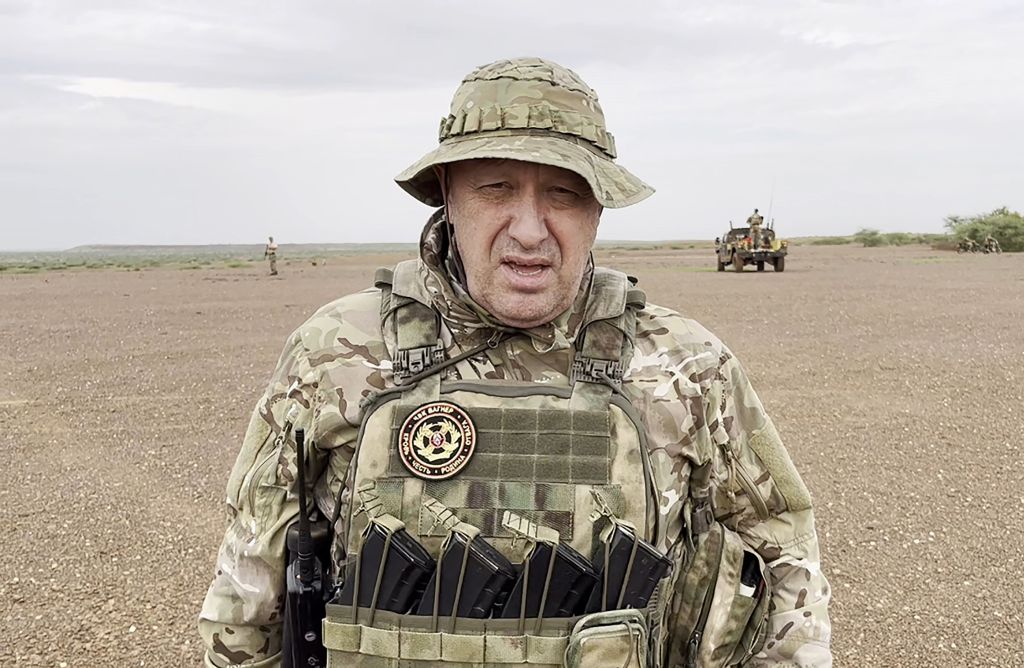
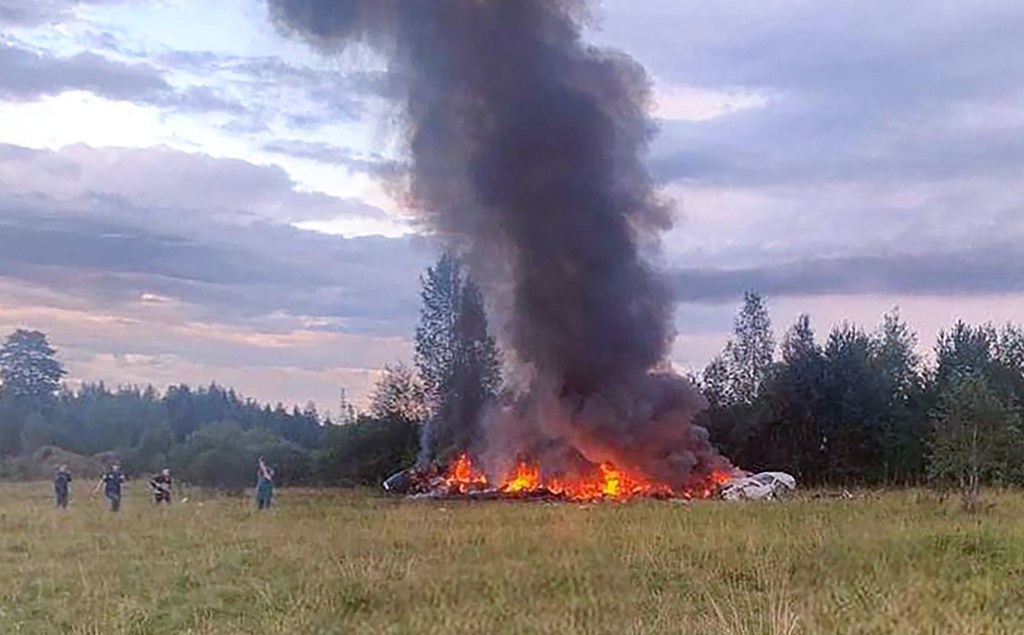
Sergei Yushenkov
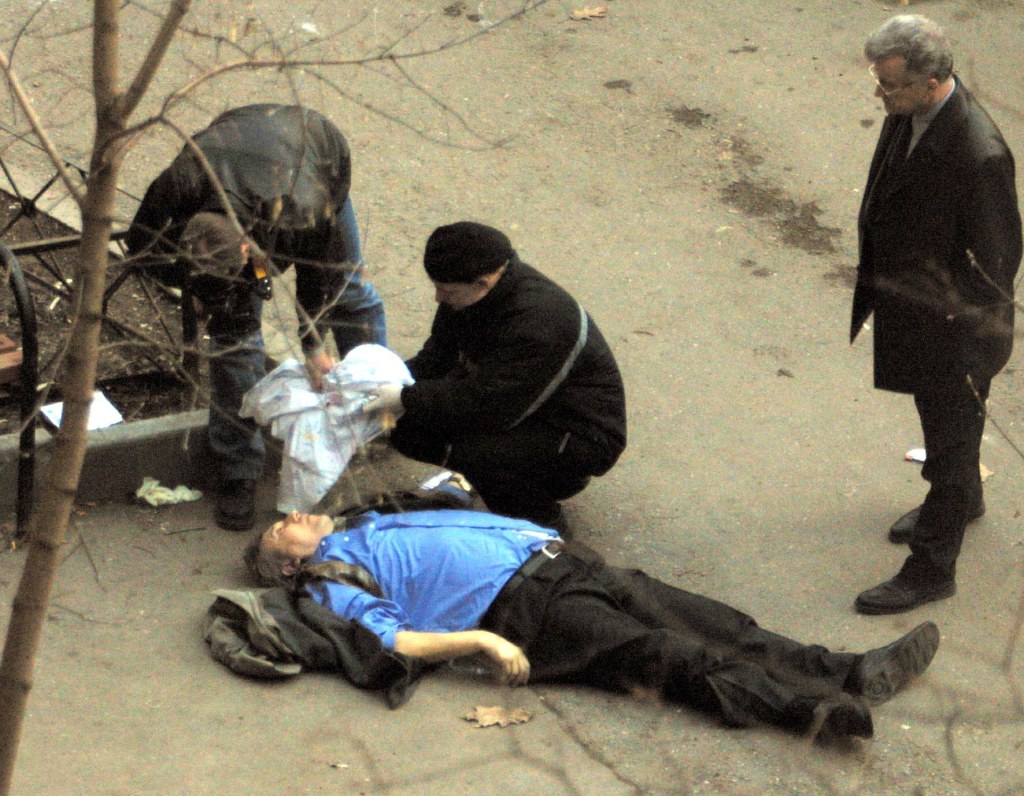
Sergei Yushenkov, the leader of the progressive anti-Kremlin party Liberal Russia, was executed in front of his Moscow home on April 17, 2003, after leading efforts to investigate the possible involvement of the FSB security service loyal to Putin in several apartment bombings in 1999 that killed 300 innocent people.
The bombings were blamed on Chechen militants and used by the Kremlin as a pretext to unleash the Second Chechen War, which helped tighten Putin’s grip on power.
Yuri Shchekochikhin
Yuri Shchekochikhin, an investigative reporter with the independent newspaper Novaya Gazeta, died in July 2003, after becoming suddenly and violently ill, leading his colleagues to suspect that he was poisoned, potentially with radioactive materials.
At the time of his death, Shchekochikhin was digging into the 1999 apartment bombings and a corruption scandal involving high-ranking FSB officers and was scheduled to travel to the US to meet with FBI investigators.
Anna Politkovskaya
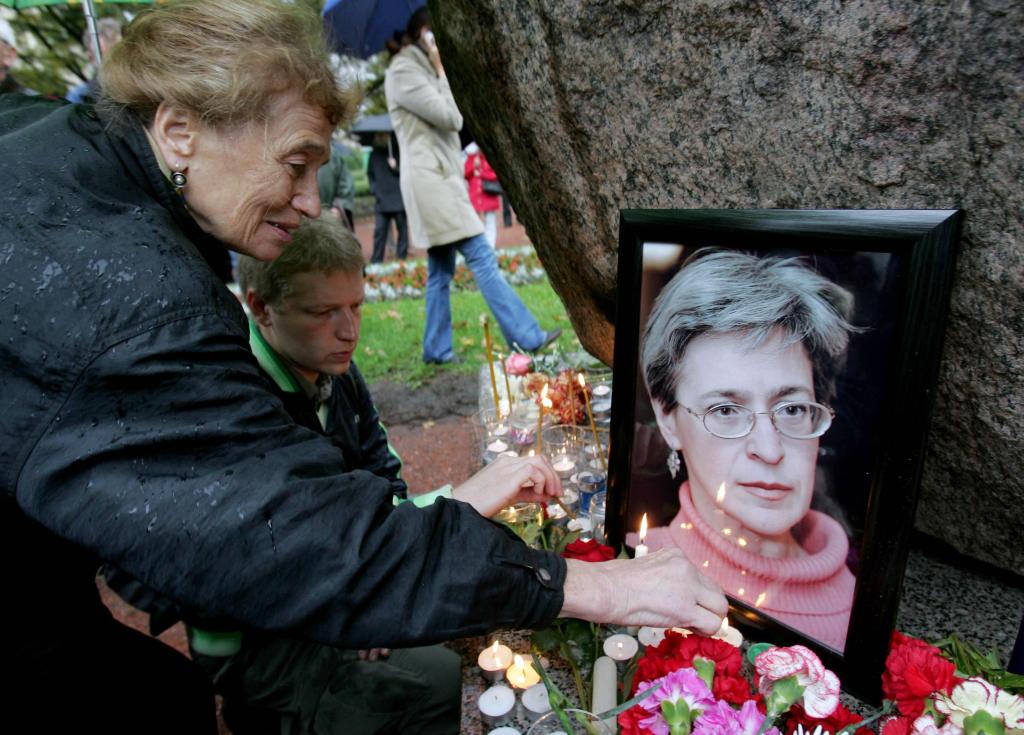
Anna Politkovskaya, one of Russia’s most celebrated investigative journalists also working at Novaya Gazeta, was returning home from the grocery store when she was ambushed inside the elevator of her Moscow apartment building and shot execution-style on Oct. 7, 2006 – Putin’s birthday.
Politkovskaya was best known for covering human rights abuses in Chechnya. The gunman convicted in her killing, a Chechen national, was sentenced to 20 years in prison.
Alexander Litvinenko
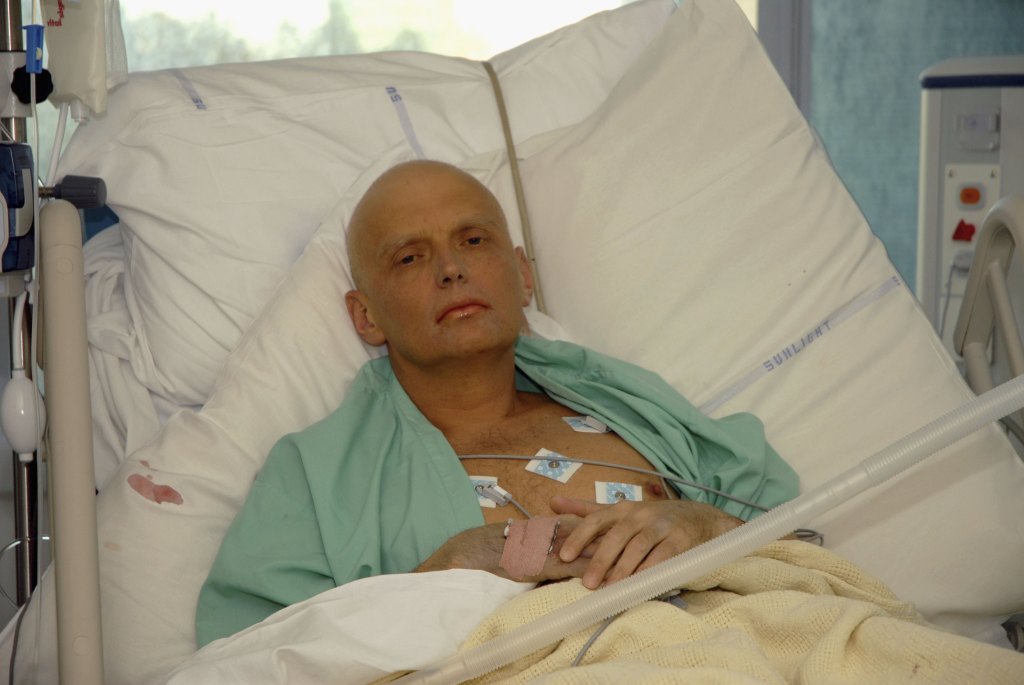
In 2006, former KGB and FSB agent Alexander Litvinenko, who defected to the UK six years earlier, became gravely ill after drinking green tea laced with radioactive polonium-210 at London’s Millennium Hotel. He died in agony three weeks later, despite British medics’ efforts to save him.
Litvinenko had been investigating Politkovskaya’s murder and the FSB’s suspected ties to organized crime. On his deathbed, he told reporters that Russia’s security service was still running a poisons lab dating from the Soviet era.
An inquiry led by a British judge found that former KGB bodyguard Andrei Lugovoy and another Russian national poisoned Litvinenko as part of an FSB hit, probably greenlit by Putin — but the Kremlin denied any involvement.
Natalia Estemirova
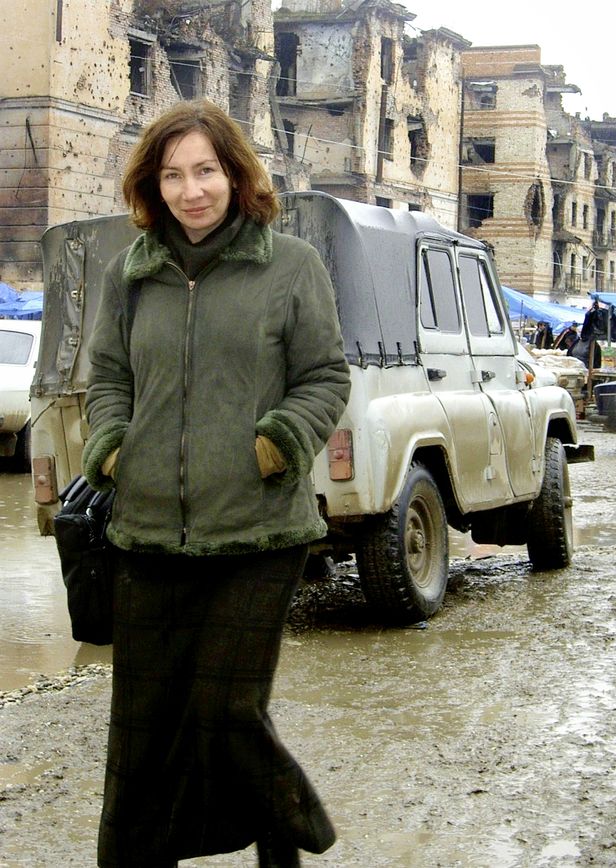
Natalia Estemirova, a prominent human rights advocate, was shot dead in July 2009, just hours after being abducted near her home in the Chechen capital of Grozny.
At the time of her death, Estemirova had been investigating hundreds of suspected rights abuses. The organization that she worked for, Memorial, claimed that evidence pointed to the possible involvement of local cops.
Sergei Magnitsky
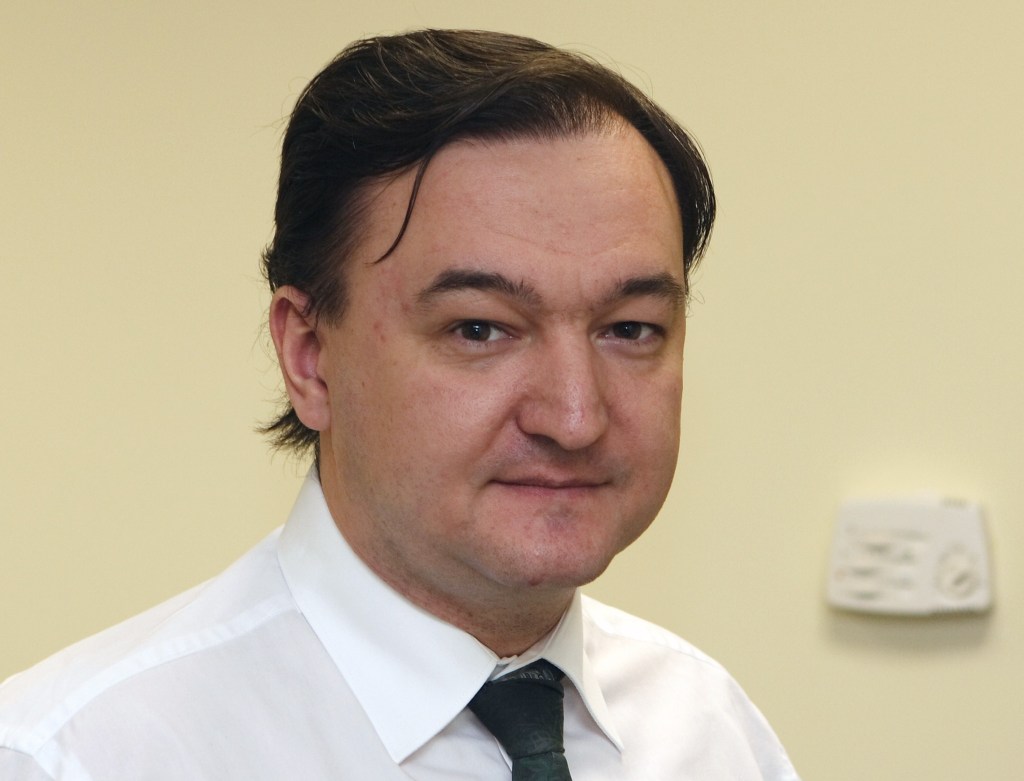
Sergei Magnitsky was a Ukrainian-born Russian attorney and tax adviser who exposed large-scale corruption and misconduct by Russian government officials. He died in November 2009, 11 months after being jailed on trumped-up tax fraud charges.
The whistle-blower suffered from pancreatitis and gallstones and was denied medical care in jail, which human rights advocates argued amounted to torture. The Kremlin’s own human rights council found that Magnitsky was savagely beaten before his death.
The US government adopted the Magnitsky Act in 2012, barring Russian officials believed to be involved in Magnitsky’s death from entering the country or using its banking system.
Vladimir Kara-Murza
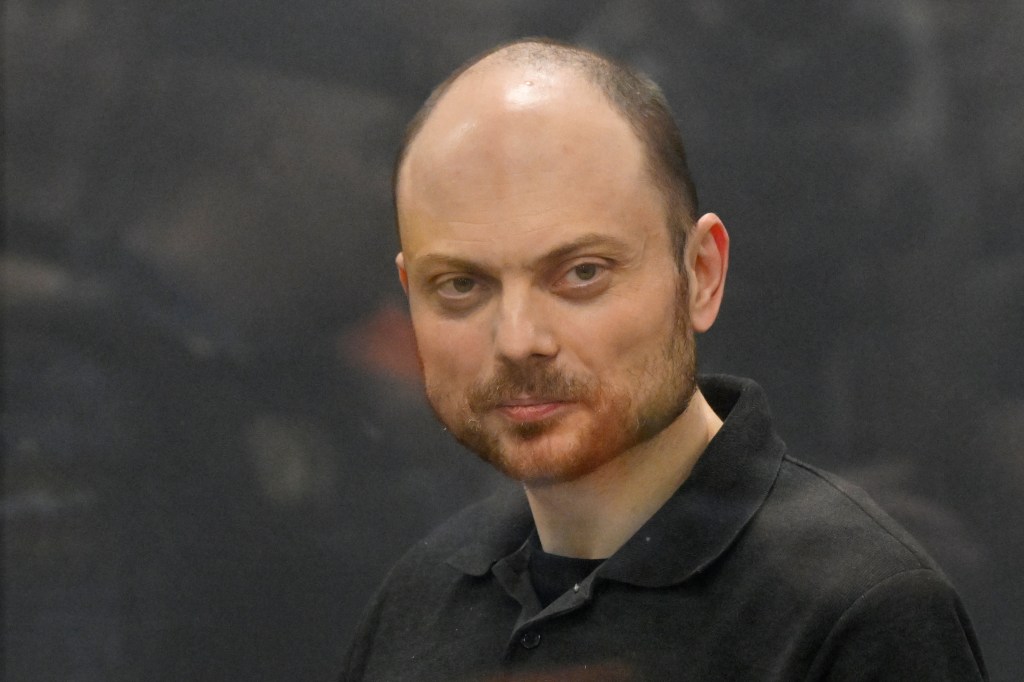
Vladmir Kara-Murza, a Russian and British political activist and journalist, survived what he claims to be two poisonings in 2015 and 2017, the latter of which landed him in a medically induced coma. His wife said doctors reportedly confirmed he was poisoned, but his lawyer claimed law enforcement officials have refused to investigate.
Earlier this year, the vocal Kremlin critic was convicted of treason for speaking out against Putin and Russia’s invasion of Ukraine and was sentenced to 25 years in prison.
Boris Nemtsov
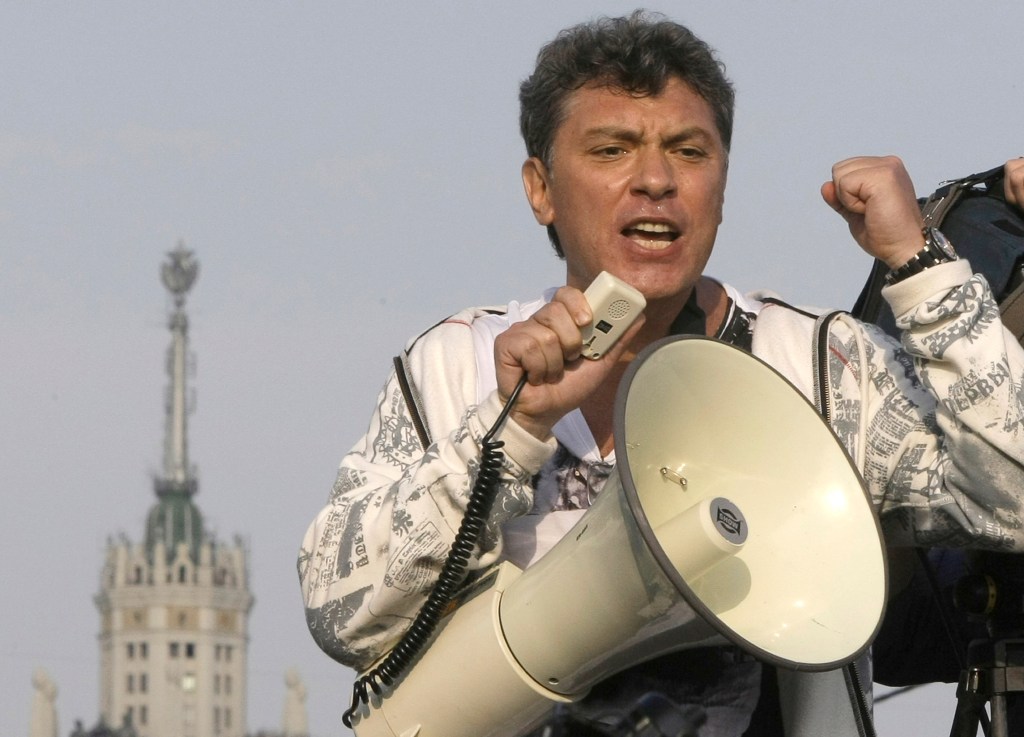
Boris Nemtsov, former deputy prime minister under Russia’s first President Boris Yeltsin — and an implacable critic of Putin — was gunned down while walking with his girlfriend across a bridge near the Kremlin in February 2015.
The popular politician’s violent death rattled the country and led to the arrests of five men from Chechnya. The convicted triggerman was sentenced to 20 years in prison — but Nemtsov’s supporters remained convinced that the order to eliminate him came from the top.
Sergei Skripal
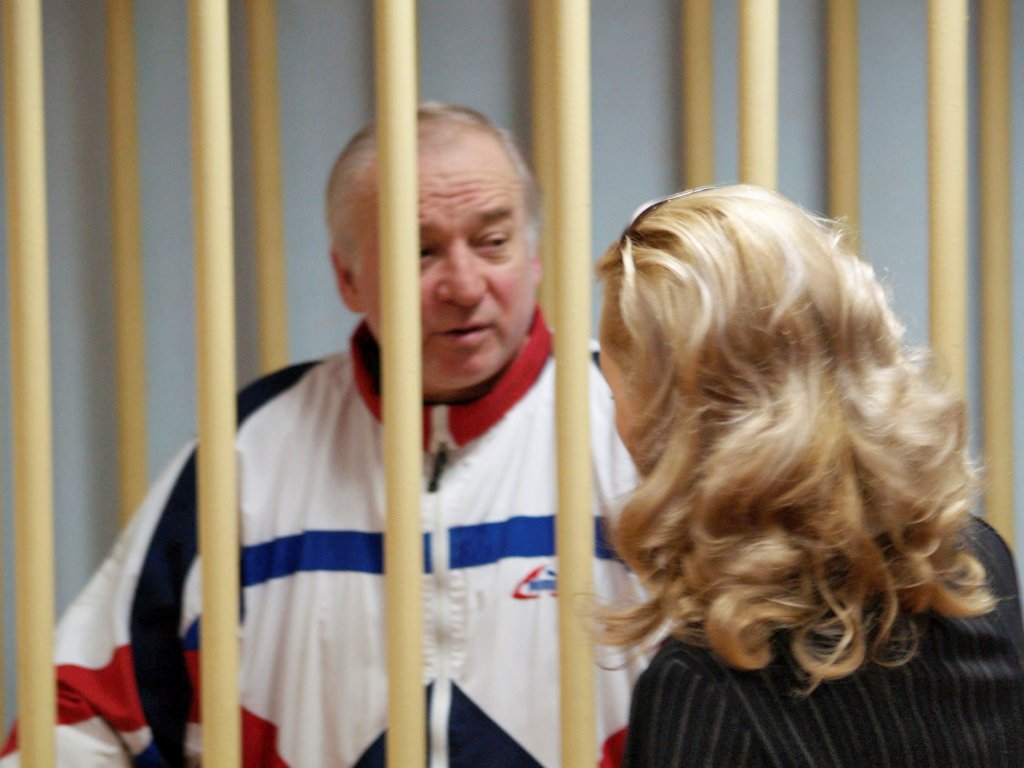
Turncoat Russian spy Sergei Skripal was poisoned along with his adult daughter, Yulia, on a park bench in the city of Salisbury, England, in 2018. The Skripals spent weeks in critical condition but survived. The attack also killed an innocent woman and sickened two others, including a police officer.
British authorities concluded that the former GRU military intelligence officer and the others were exposed to the nerve agent Novichok. Moscow denied any wrongdoing, with Putin slamming Skripal as a “scumbag” and saying he posed no interest to the Kremlin because he was tried in Russia and exchanged in a spy swap in 2010.
Alexei Navalny
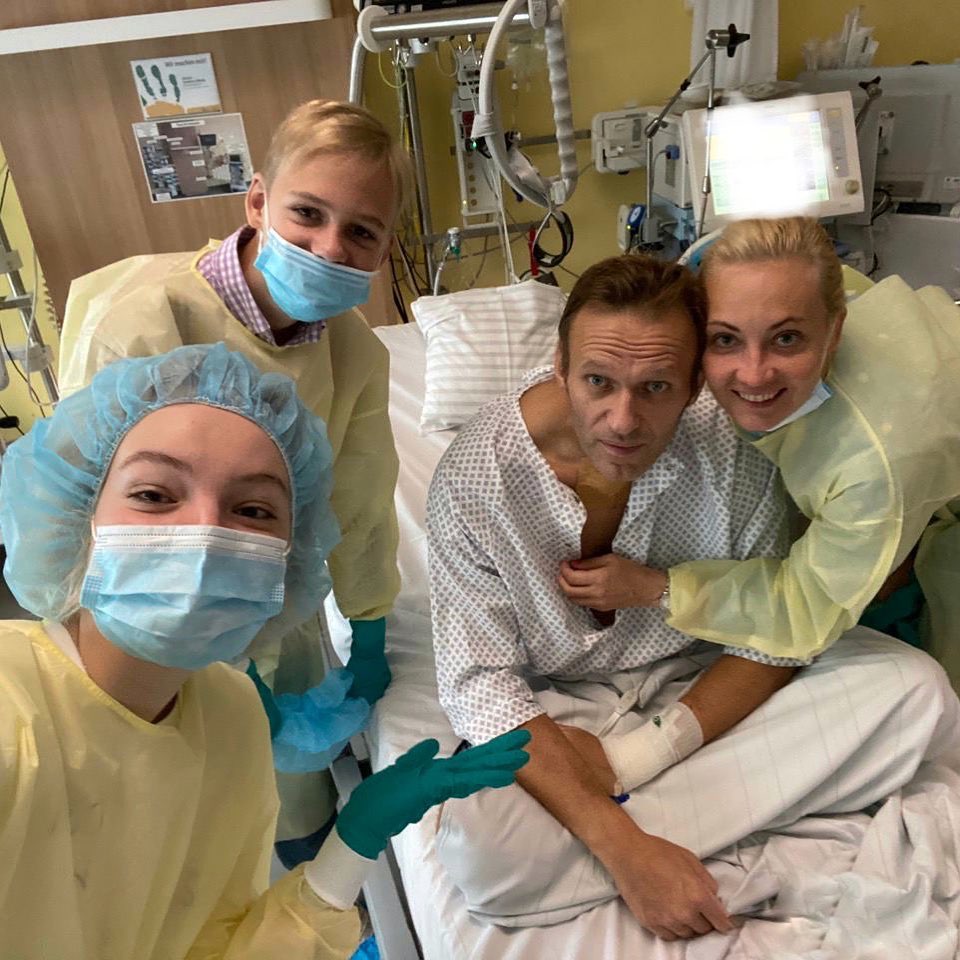
In August 2020, opposition leader Alexei Navalny fell ill on a flight from Siberia to Moscow and was hospitalized in a coma in the city of Omsk. After being airlifted to Berlin and recovering from his sudden illness, his allies declared that he was poisoned. Labs in Germany, France and Sweden confirmed the presence of the military-grade nerve agent Novichok in Navalny’s system, which he said had been applied to his underwear.
Navalny later returned to Russia and was sentenced this month to 19 years in prison on an extremism conviction — his third prison sentence in two years on charges he says are politically motivated.
Ravil Maganov
In September 2022, Ravil Maganov, chief executive of Russian private oil giant Lukoil — and a Ukraine war opponent — died in a six-story fall from a hospital window.
The death was reported as a suicide by Russia’s state media, which pointed out that the board chairman had been hospitalized for a heart attack and was taking anti-depressants — but two people who knew the businessman told Reuters it was extremely unlikely that he took his own life.
Read the full article Here


